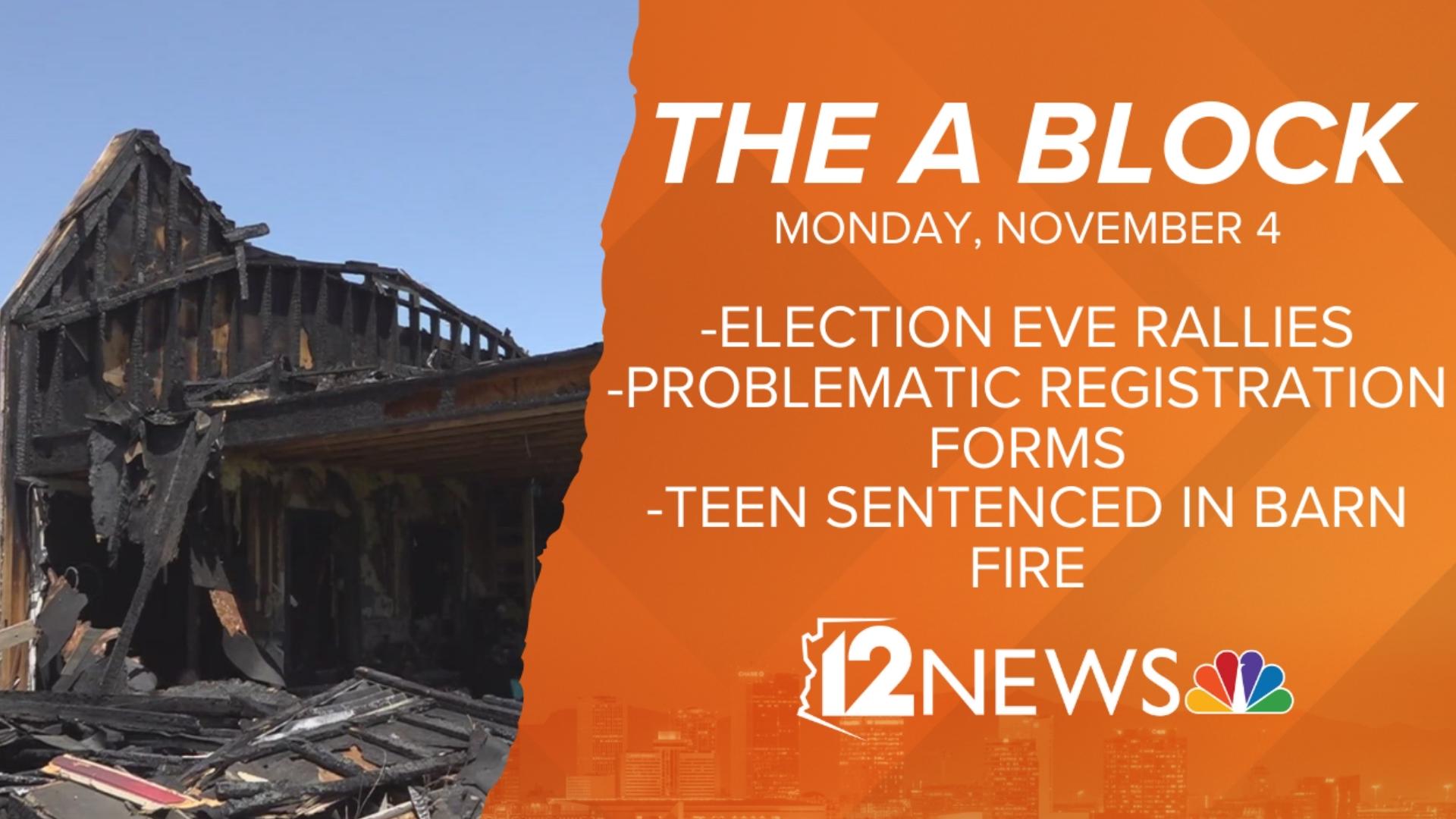ARIZONA, USA — Amber Wright, 25, moved to Phoenix a couple of years ago. She had a job in the travel industry and was happy with working in a career she was passionate about. She and her boyfriend had just gotten a place together in February.
By March, the COVID-19 pandemic changed nearly every plan.
“Right off the bat with COVID, I went immediately into part-time, and then from part-time, I was furloughed,” she said.
Wright felt stagnant. She typically traveled a six-state territory for work. Now she was working from home, dealing with angry customers. Her boyfriend was laid off from his job. She was stressed out -- and depressed.
“With that came the feeling of being in a box,” she said. “I don’t have any of my freedoms. I don’t have the freedom to go on vacations, I don’t have the freedom to do my job and to head to different states and that was like, it just brought on a lot of stress and a little depression.”
Wright wasn't alone. On Aug. 14, the CDC released a study in which they surveyed nearly 5,500 U.S. adults. They found that about 40 percent reported having experienced adverse effects of quarantine including heightened anxiety, depression, PTSD-like symptoms, suicidal ideation or increased substance abuse.
One of the groups disproportionately affected are young adults. The CDC study stated:
"Younger adults, racial/ethnic minorities, essential workers, and unpaid adult caregivers reported having experienced disproportionately worse mental health outcomes, increased substance use, and elevated suicidal ideation."
Wright knew that when she was placed on part-time work, there was no end in sight. Borders for travel were closed and that changed her ability to bring in clientele.
“It just sucked,” she said. “This feeling is not alone. I read an article that talked about stress dreams and how the country, on a psychological level, is experiencing stress dreams because of COVID.”
Josie Emch, 20, was another person who immediately felt the shift in the world. As a new business owner, Emch saw a change in her business structure and wanted to help the families affected negatively by the pandemic. But, Emch also struggled with mental health and had a previous diagnosis of Generalized Anxiety Disorder.
“When COVID-19 first came out, it was like this big wall,” Emch said. “And for a person with anxiety, the uncertainty is not okay. The unknown scares us already and to know that things are shutting down, everything’s at a halt, what do you do? You’re stuck in your tracks.”
RELATED: Valley COVID-19 survivor opens up about mental health struggles battling the virus can bring
Emch noticed that keeping busy was a way for her to keep on track and cope with her own struggles. She worked with the kids her business catered to in order to keep her mind from going back to the what-ifs of life.
Dr. Michelle Shiota, a social psychologist and faculty member at Arizona State University explained that there are many reasons adults, in general, may experience a heightened sense of mental health issues associated with quarantine.
“There’s a lot to be anxious about, and we are experiencing legitimate losses,” Dr. Shiota said.
Economic hardship is not the only severe stressor. Some people are concerned about childcare, some for their risk of being exposed to the virus while working.
“This is all anxiety-provoking,” Dr. Shiota said. “At a minimum, we've all lost anticipated joys, such as celebrations, trips, time with loved ones who live far away. And too many people have lost people to COVID or have had other deaths of loved ones that they can't mourn as we usually would, with other people. Most of us are at least more isolated from friends and family than we would usually be. All of this takes a toll on mental health.”
Dr. Shiota said that everyone is at risk for consequences related to mental health or even physical health as a result of isolation. Particularly vulnerable groups include people who live alone. Both older groups and younger groups may experience more extreme issues because of living alone.
The Substance Abuse and Mental Health Services Administration released tips for taking care of behavioral health during the quarantine while keeping social distancing in mind.
Many include working and connecting with others remotely to have important conversations related to health and to feel less lonely. They also suggested exercises like deep breathing, stretching, meditating or taking time to consider and self-soothe internal concerns.



